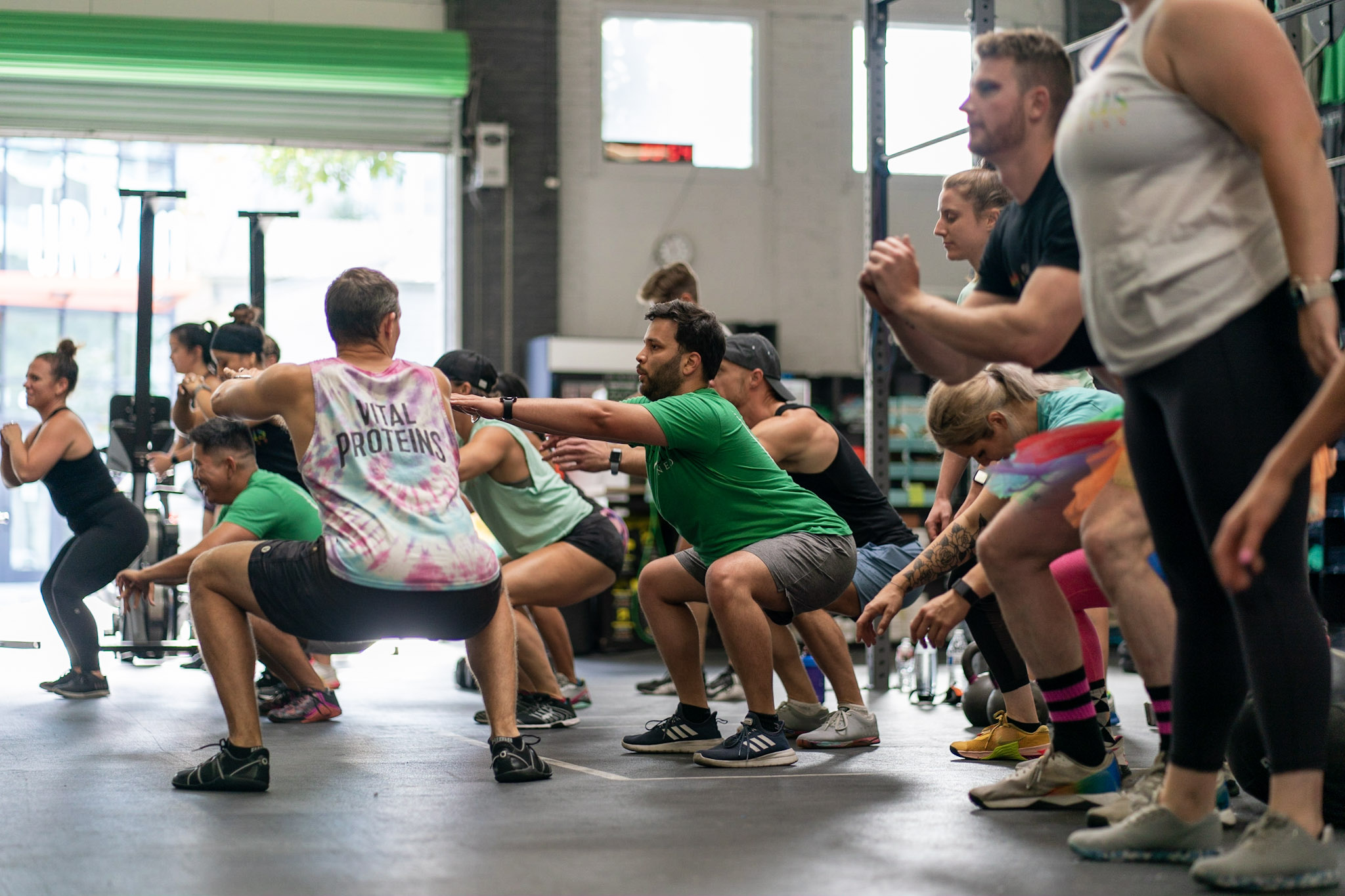
How to Know if Your Coach Believes in You
Written by Fritz Nugent
How do you know if your coach believes in you? One sure way is to ask! But who’s gonna do that? And if you do, be prepared for your coach to ask you, “Believe in your ability to do what?” So that means you should know your goals. I’m already getting off topic. What I wanted to talk about is corrections. A few weeks ago, I saw an athlete in one of my Muscle classes performing sumo deadlifts. I watched their first working set and saw their knees caving in and a rounded back. There was no breathing or bracing.
So, as my job permits, I went up to this athlete and told them good job on lifting that weight (I know that this athlete’s main goal is to get stronger), and that they have some things to work on. And I listed off the suggested corrections – drive the knees out to maintain tripod food and sound connection with the ground as they drive the bar up, and to make sure they set up with a flat back and to use breathing and bracing to maintain that tension as they drive the bar off the floor! Right after cuing the athlete, I saw the tenacity drain out of their face.
They were determined to lift heavy today, and here I go killing their buzz. I knew that I had to help them get it back before their next set, so I dug into the truth of the moment – that I just knocked them off their pedestal, and that they would have to put themselves back on it. They laughed. I knew going into the conversation that correcting their form was going to be frustrating for them. So many of us just want to get under a bar and DRIVE with everything we have in order to show ourselves what we’re made of! However, when we do this without proper tension, the risk of tweaking something that limits future training increases.
I told the athlete that the reason I correct their form is because I care about them as a person and I care about them reaching their goals. I told them that I know their goal is to get stronger, and I suggested that they dig into their next set by lowering the bar weight and set up their feet, breath, brace, and then drive. They said ok, they’d try, and then they hit their next set. It looked better! By the end of the drill, they had built up to a heavier load than their “bad form” weight, and they maintained appropriate tension throughout. They came up to me afterwards and said, “Thank you, I needed that.” And I was more than happy to hear it!
The main takeaway here is this: if your coach corrects you, it’s because they care about you. The day I stop correcting you is the day that I stop believing that my words make any difference to you whatsoever. So if your coach corrects you and it kills your motivation, tell them! They (hopefully) didn’t mean to ruin your workout, and they are sure to explain their reasoning. Then both of you get to improve the depth of your relationship.
The secondary takeaway: sometimes we must take steps backwards to move forwards. Taking the bar weight down was really tough for this athlete, but they were rewarded in the same session by building up to a new PR!
Interesting article. We need a follow up with how to “interrupt” an athlete in is workout, doing it in a way it is acceptable, how to deliver the correction that will not damage the relationship with the athlete. Sensibilities…